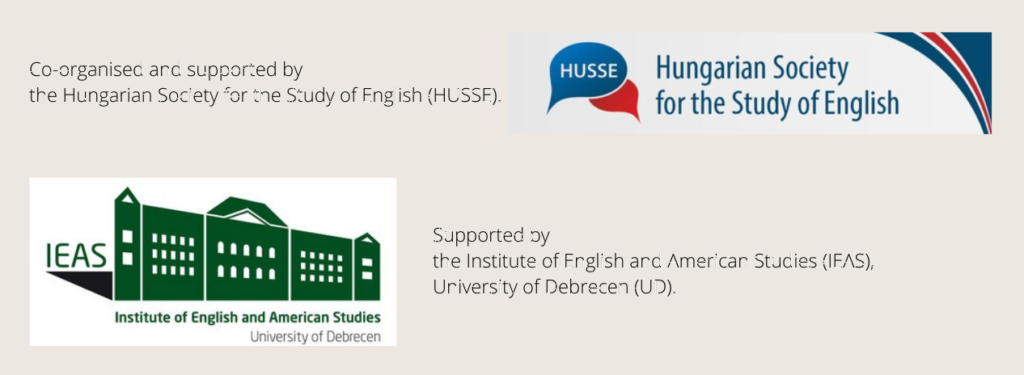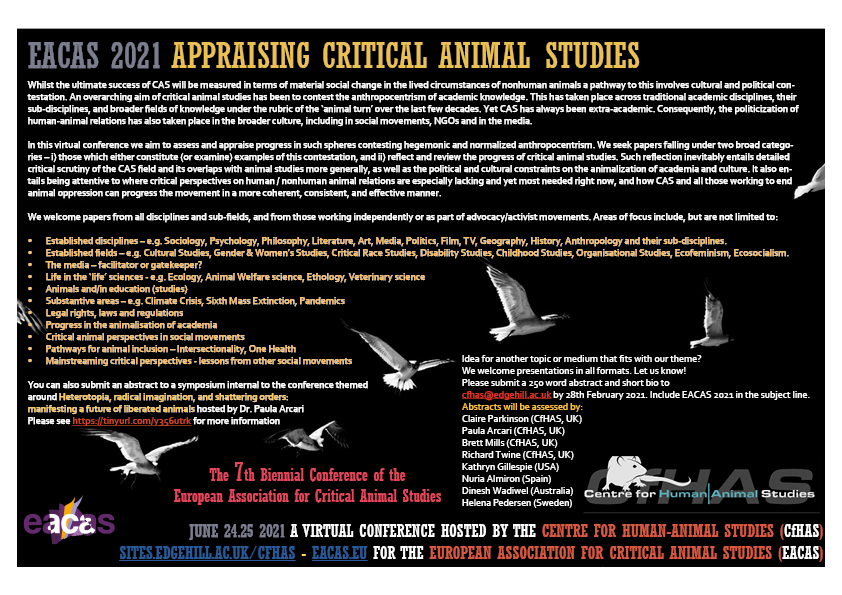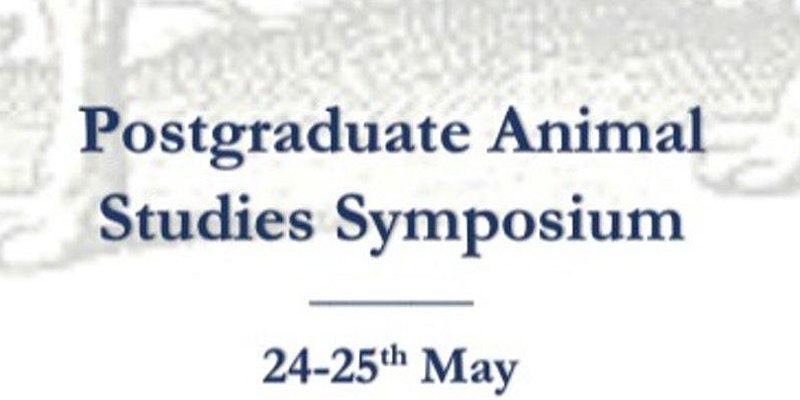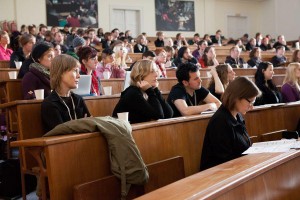The Institute of English and American Studies,
Faculty of Humanities, University of Debrecen, Hungary
invites you to participate in the conference titled
THE VIEW FROM THE ANTHROPOCENE:
EXPLORING THE HUMAN EPOCH FROM POST-ANTHROPOCENTRIC PERSPECTIVES
on 15-16 October 2022
“If the sadness of life makes you tired
And the failures of man make you sigh
You can look to the time soon arriving
When this noble experiment winds down and calls it a day”
In this age of ecological, economic and social crises, the notion of the Anthropocene is becoming ever more significant. Proposed by Paul J. Crutzen and Eugene F. Stoermer in 2000, the Anthropocene as a new geological epoch highlights detrimental human impact on the planet, while as a critical notion it synthetises anti-, non- or post-anthropocentric views challenging the dominant discourses and practices that place humans at the centre of the world. However, with its scope incessantly expanding and its meanings ever in flux, the Anthropocene requires constant redefinition and reassessment. So far it has been criticised for its ideological implications and several terms such as Plantationocene (Haraway 2015), Capitalocene (Moore 2016, Davies 2016), and Occidentalocene (Bonneuil and Fressoz 2017) have been offered as alternatives. Yet could we define the Anthropocene and its implications more clearly and harmoniously? Above all, it is an urgent warning about the future of ecosystems, cultures and societies alike, forcing us to realise that “we are embedded in various social, economic, and—especially—ecological contexts that are inseparably connected” (Kersten 2013). Addressing the need for coherence across versatile approaches, the conference calls for a transdisciplinary investigation of the challenges of our age.
We also realise that the Anthropocene must be acted upon, although its cry for action is crippling. As Judy Wilson put it during one of the panel discussions at COP26, “the human epoch is not only external, it is also internal”, for it not only denotes a number of ecological and social crises – including climate change, loss of biodiversity, pollution, poverty and starvation in the global south, causing waves of migration which in turn fuel global conflict –, but it also involves anxiety and apathy that render us passive in the face of these crises. As Liz-Rejane Issberner and Philippe Léna put it, it seems “as though humanity is being lethargic – waiting for the end of the film, when the heroes arrive to sort everything out, and we can all live happily ever after” (2018).
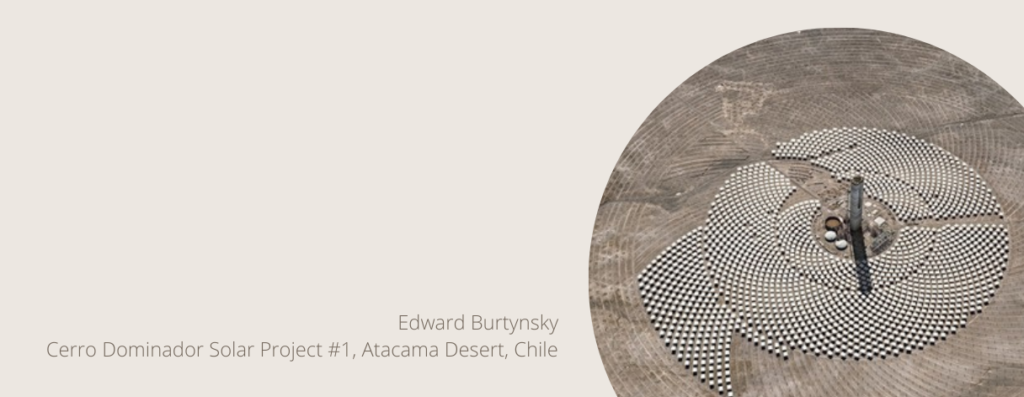
The conference aims to address some of the controversies, the lethargy and (wilful) ignorance that conceal the significance of the Anthropocene, exploring the notion itself as well as its theoretical and practical challenges from the perspectives of posthumanism, animal studies, ecocriticism and any other approaches that question anthropocentrism from their respective viewpoints. We invite proposals that may address, yet are not restricted to, the following topics:
- Critiques of and conceptual alternatives to the Anthropocene—Donna Haraway’s ‘Cthulhucene’, JasonMoore’s ‘Capitalocene’, Bernard Stiegler’s ‘neganthropocene’ and the like
- Cli-fi, dystopian and/or utopian responses to climate change
- Speculative and fantastic fiction related to the Anthropocene
- Eco-anxiety
- Fantastic texts exploring indigenous worldviews on ecology
- Literary fiction or other media that interrogate humanity’s relationship with other lifeforms
- Literary fiction or other media that question the human/animal boundary
- Human-Animal Studies, Literary and Cultural Animal Studies, Animal Ethics, Critical Animal Studies
- The non- and posthuman other (animals, plants, monsters, aliens, artificial intelligence) in art, literature, cinema and other media
- Nonhuman perspectives in literature and cinema; the nonhuman gaze
- Non-anthropocentric spaces and temporalities in literature and cinema
- Ecocriticism, environmental humanities, deep ecology and ecosophy
- Eco-horror; aesthetics and themes
- Bioethical considerations
- Posthumanism, post- and transhumanist frameworks, posthumanist ethics
- Anti-humanism, meta-humanism
- Speculative realism, object-oriented ontologies, new materialism, post-anthropocentric ecologytheories, theories of social assemblage
- Object-oriented art; bioart, microbial art
- Eco-art, eco-literature, eco-media, eco-cinema
Confirmed plenary speakers include Márk Horváth and Ádám Lovász who will give a talk on the post-anthropocentric turn, and László Nemes, who will speak about his current inquiry into the ethics of de-extinction. Accompanying programmes will include a roundtable discussion addressing the challenges of the Anthropocene, with participants from various fields including philosophy, literary and film criticism, biology, and psychology; a photography exhibition; and a multimedia art event organised by the members of Művészek a klímatudatosságért (Artists for Climate Awareness). With these programmes we hope to turn the collective experience of inertia symptomatic of the Anthropocene into awareness, new forms of agency, and action.
“Time has come now to stop being human
Time to find a new creature to be
Be a fish or a weed or a sparrow
For the earth has grown tired and all of your time has expired.”
(Thinking Fellers Union Local 282: “Noble Experiment”)
Technical details:
The conference is planned as an on-site event, to be held in English and Hungarian, on 15-16 October 2022 at the University of Debrecen. Depending on the dynamics of the pandemic, we will nevertheless adapt and consider moving parts of or the whole conference to a digital platform. Participants will be informed about any changes via email in due time.
Please send a 250 word abstract of your proposed paper with a brief, max. 100 word biography to theviewfromtheanthropocene@gmail.com by June 30, 2022. Those who wish to present in Hungarian are also welcome, but are kindly asked to include an English version of their abstract and mini bio in their application. Responses will be given by July 31, 2022.
It is intended that a selection of the papers based on the conference presentations will be published, either in a separate collection of articles or a thematic volume in a scholarly journal.
Organising committee:
- Zsófia Novák and Borbála László (PhD students, Department of British Studies, IEAS, UD);
- Tamás Bényei, DSc (professor, Department of British Studies, IEAS, UD);
- György Kalmár, PhD (reader, Department of British Studies, IEAS, UD).
For more information please visit the event’s Facebook group or contact the organizers at the following e-mail address: theviewfromtheanthropocene@gmail.com.
We are looking forward to welcoming you at the conference!
